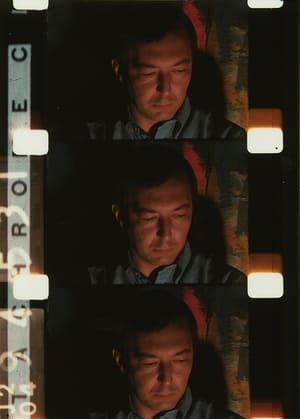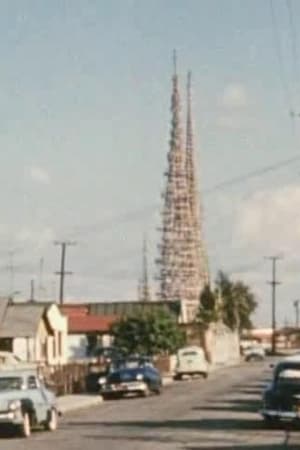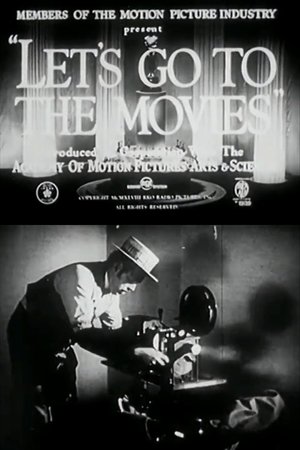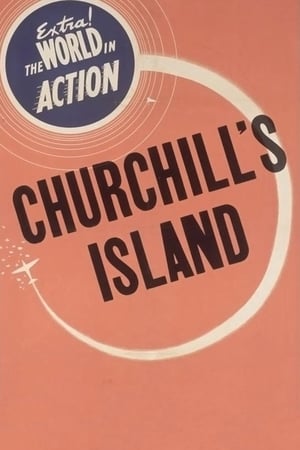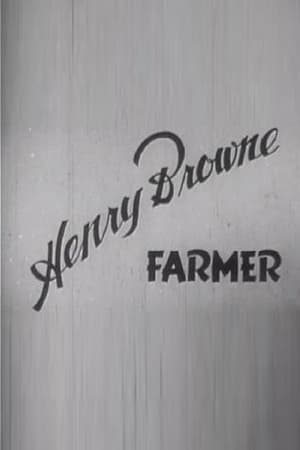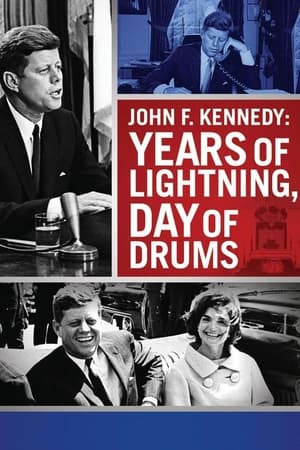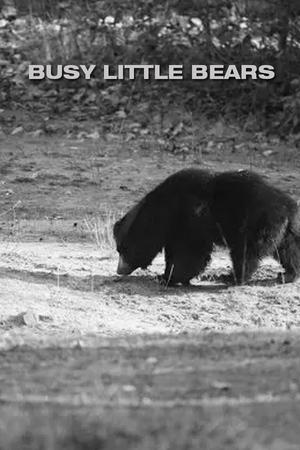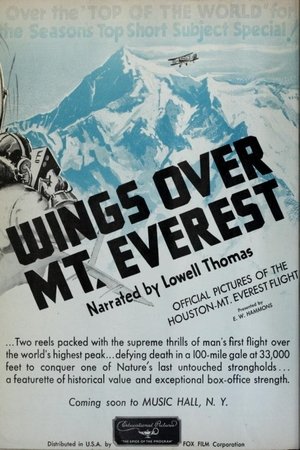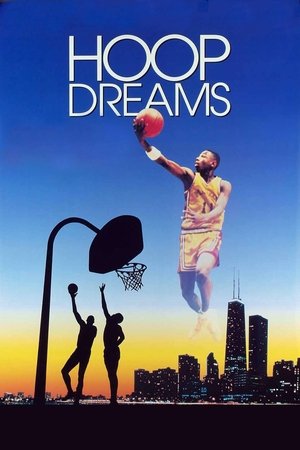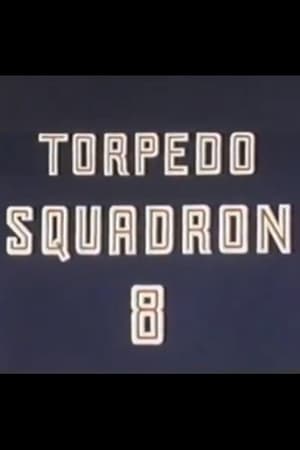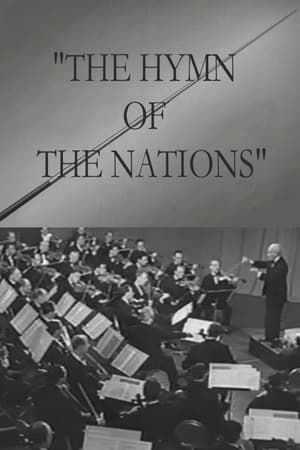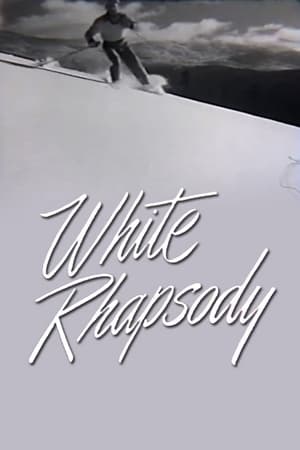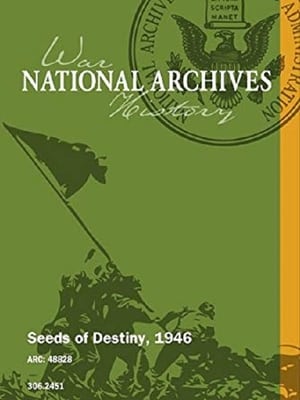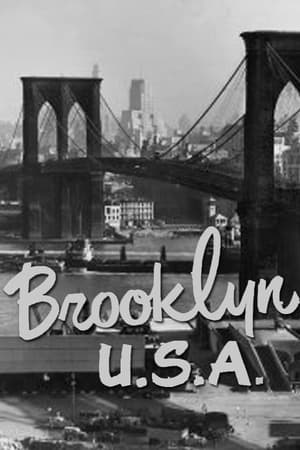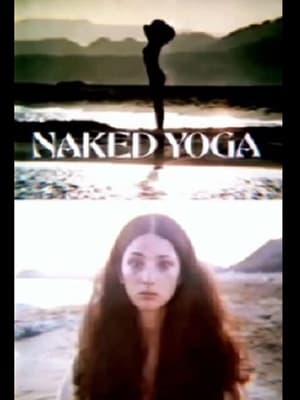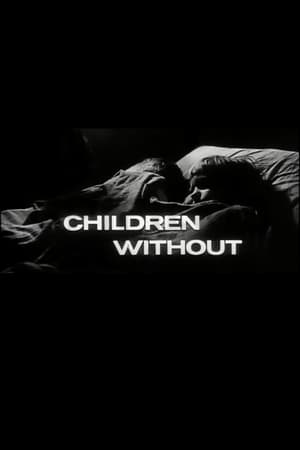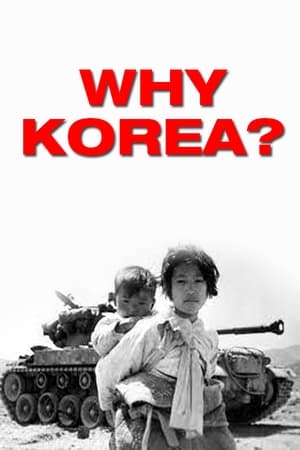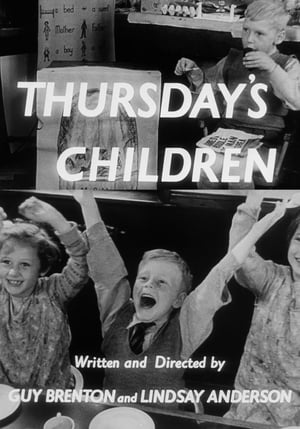Overview
Academy Award nominated short film. Preserved by the Academy Film Archive in partnership with Library of Congress Motion Picture, Broadcasting, and Recorded Sound Division in 2012.
Reviews
Well you wouldn’t want to be married to a newsreel cameraman. Everywhere they go, disaster has either just happened or is just about to. From blizzards to hurricanes, coups to crashes, these brave and ingenious gents are to be seen frantically driving their manual film cameras so as to capture scenes that vary from the chilly and damp to the murderous and brutal, and frequently at some danger to themselves into the bargain. This quickly paced and briskly edited short feature does rather conform to the adage about bad news being good news and good news being no news, as the emphasis is very much on things going wrong - just check out a man’s very optimistic attempt to fly his plane from America to Rome. There are some sport and celebrity elements to report on too, the latter of which allows them to risk less of life and limb and in twenty minutes, or so, this encapsulates just what news we were watching in cinemas in 1935 and at how innovative these cameraman were when it came to bringing us all sorts of stories.

 20 min
20 min
 7
7
 1935
1935
 USA
USA
 CinemaSerf wrote:
CinemaSerf wrote:
